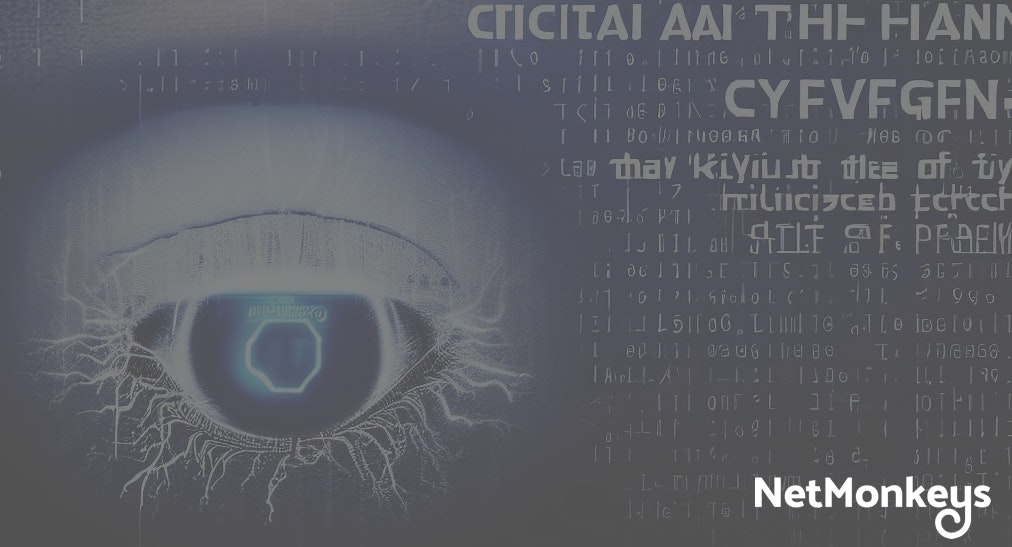NetMonkeys’ Stance: AI as a Tool, not a Trespasser
Just as every compelling story has its plot twists and character developments, the unfolding narrative of AI is no different. While we often view AI through the lens of technology and innovation, I believe it’s essentially rewriting the story of human civilization. As an owner of NetMonkeys, a firm deeply embedded in technology's transformative potential, I find the shifting narrative of human choices in an AI-driven world both fascinating and urgent.
Artificial intelligence isn't solely about creating smarter machines or automating routine tasks. It's becoming a participant in shaping our choices and experiences. At NetMonkeys, we've seen how machine learning can sift through data to uncover customer preferences or even predict market trends, offering businesses not just actionable insights but also a competitive edge.
“The greatest discovery of my generation is that human beings can alter their lives by altering their attitudes of mind.” - Yuval Noah Harari
Yuval Noah Harari, an eminent historian, philosopher and author of ‘Sapiens, someone who I respect greatly - contends that AI has "hacked" the operating system of human civilization. By collecting and analysing colossal amounts of data, these algorithms can not only predict but also shape human choices. This leads to ethical dilemmas around data privacy, free will, and the shifting balance of power from individuals to corporations and governments armed with AI.
At NetMonkeys, we echo Harari’s thoughts in using AI as an ethical tool that complements human decision-making. While we leverage AI's incredible analytical capabilities, we should never lose sight of our ethical responsibilities. We're committed to using technology to empower businesses, yes, but not at the expense of individual autonomy or ethical standards.
As AI continues to grow and impact various sectors, the ethical considerations cannot be an afterthought. It's incumbent upon businesses, regulators, and society at large to be conscious of AI's potential influence on human choices. Transparency in AI methodologies, stringent data privacy norms, and public discourse on free will in the age of AI are critical steps in this direction.
AI holds incredible promise for the future—offering efficiencies, insights, and capabilities we've yet to fully understand. However, it's essential to navigate its advancement with ethical integrity. The intersection of AI and human choice is not a theoretical debate; it's a tangible reality that we must thoughtfully address.
As we venture further into this brave new world, I invite you all to ponder these issues and engage in a meaningful dialogue. It's through this shared discourse that we can hope to harness AI's power responsibly and ethically.
Mchael Dixon
Founder NetMonkeys
Related posts
Visit blog
Microsoft SharePoint: What It Is, Why It Matters, and How to Maximise It
Explore SharePoint: intranet examples, 365 vs on-premise, Confluence vs SharePoint, plus expert consultancy advice in this in-depth SharePoint guide

Business Central Accounting Software Explained: A Complete ERP Accounting Guide for Modern Finance Teams
This guide explores the key features, benefits, and reasons why Business Central accounting software stands out as the preferred ERP choice for small to medium-sized enterprises (SMEs) and growing finance teams.

Choosing the Right Power BI Consultancy in London: Expert Guide
This guide will help you understand what to look for when choosing a Power BI consultancy, the benefits of working with London Power BI Experts, and why partnering with the right London Business Intelligence Consultants is important
